The Robert A. Deshon and Karl J. Schlachter Library of DAAP is hosting Professor Mark Harris’s BFA “Topics in Contemporary Art-Art Criticism” class exhibit.
Professor Mark Harris writes this about the exhibit:
This display of artists’ books comes from the DAAP Library Special Collections. Last spring semester these books were selected by BFA students in my Topics in Contemporary Art—Art Criticism class for a writing assignment. Students were asked to select two books by different artists and write a 1,000 word evaluation and comparison. They were welcome to experiment with writing approaches. What you see here are short extracts from their essays.
Mark Harris
The writing samples are by these students—
Sabrina Argotte, Sheridan Ave, Aliesha Caldwell, Trinity Campbell, Grace Casella, Katherine Donaghy, Sam Engel, Callie Gaines, Kat Hardy, Catherine Hummel, Vicky Lee, Nathalie Lorenz, Nicole Moore, Ashton Morris, Hugh Moscoe, Arisa Nakahata, Emma Schutte, Vidushi Shrivastava, Kara Yeomans
Professor Harris installed the exhibit with shelves askew and books displayed at haphazard angles, which makes the exhibit a colorful, jumbled visual delight. It will be up until October 20th, 2022; come and take a look.
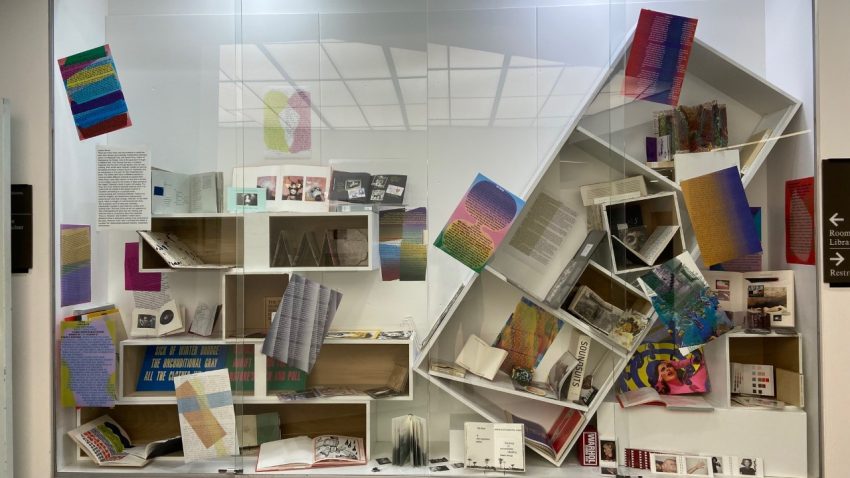
Exhibit of artists’ books on shelves

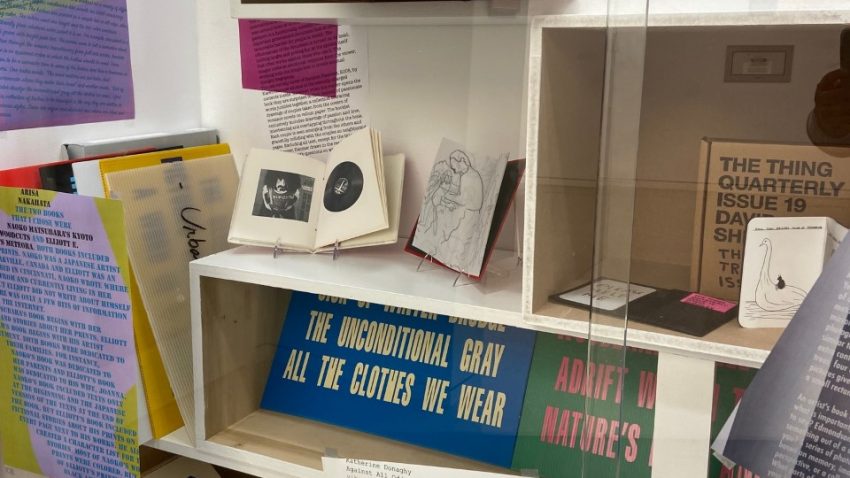
Exhibit of artists’ books on shelves

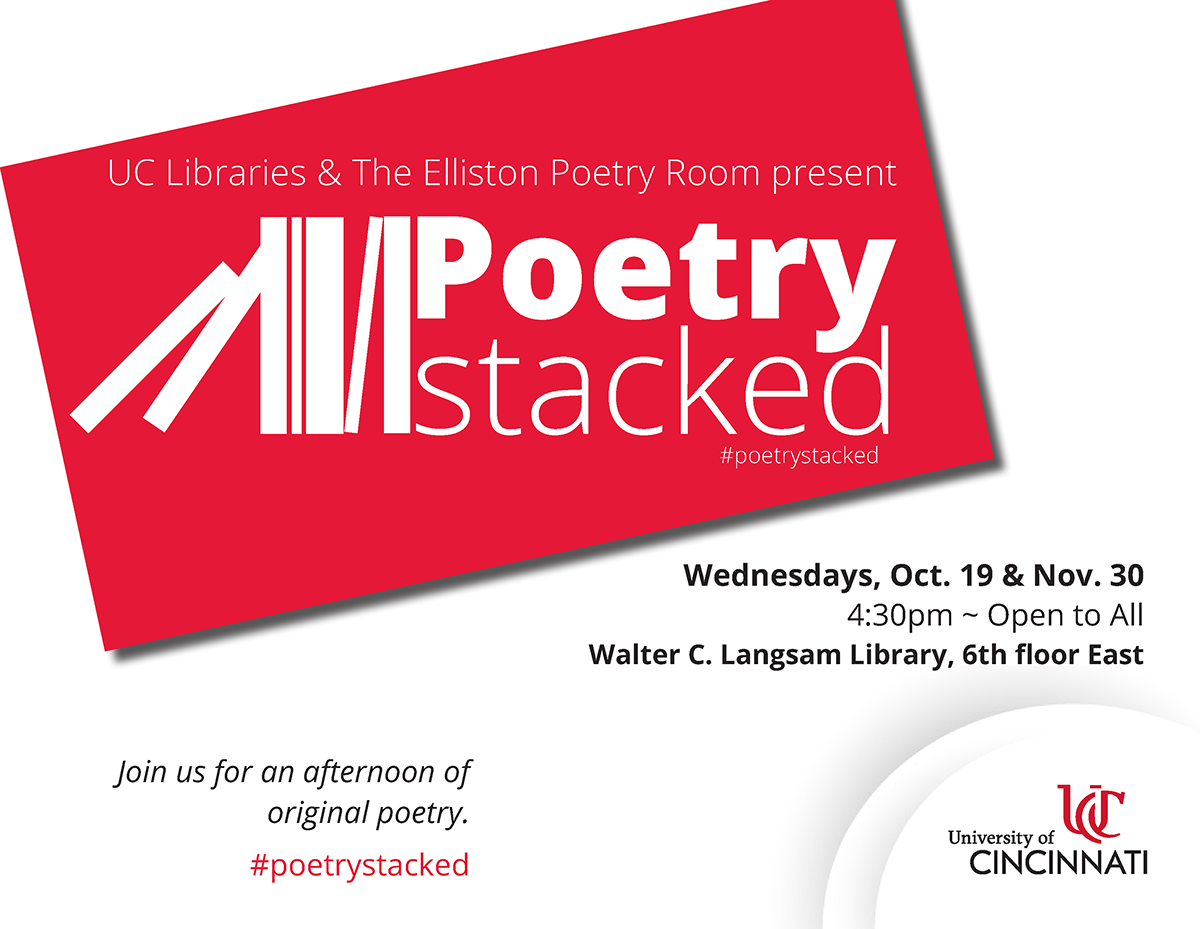 The
The 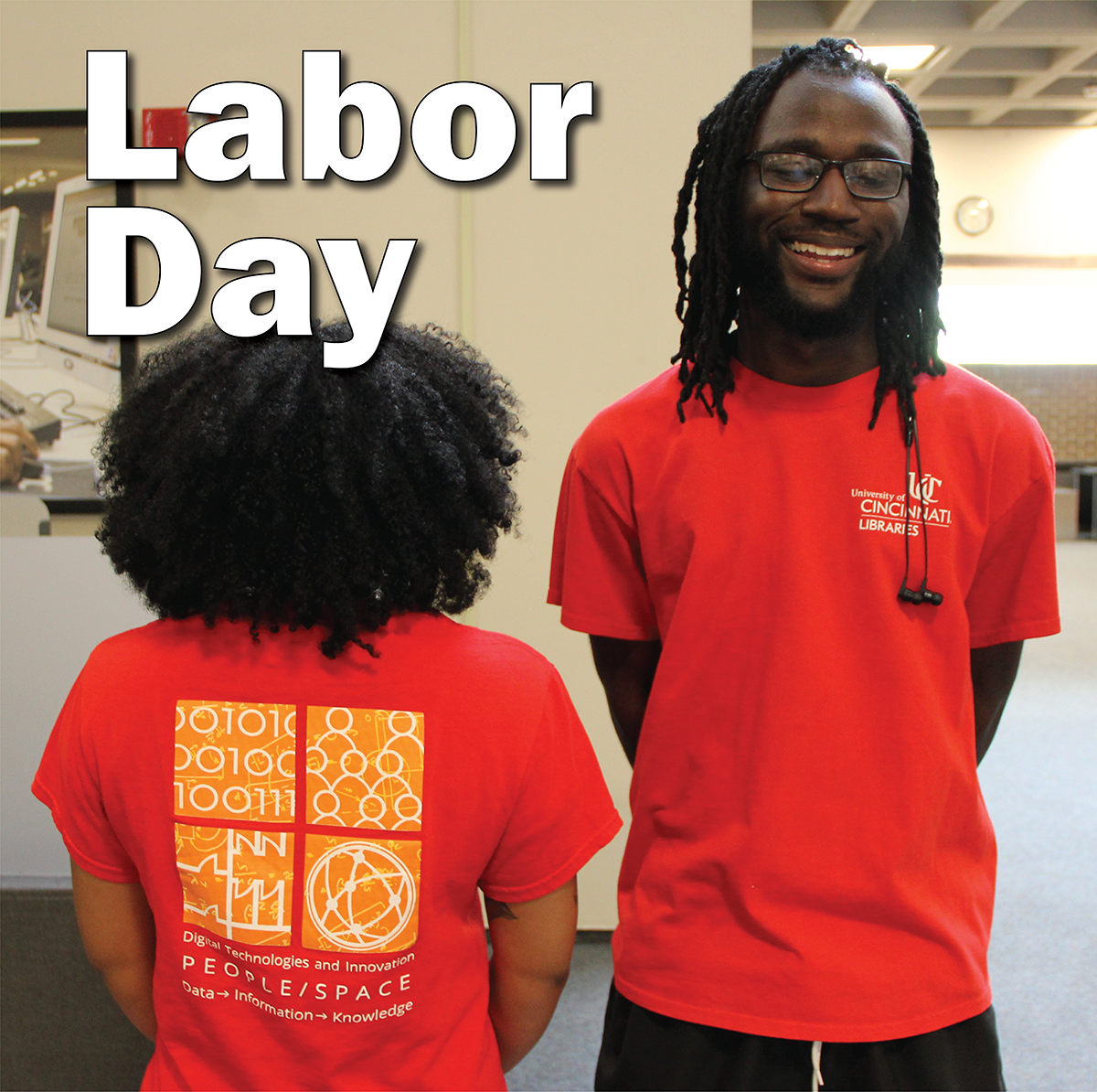 All University of Cincinnati Libraries
All University of Cincinnati Libraries 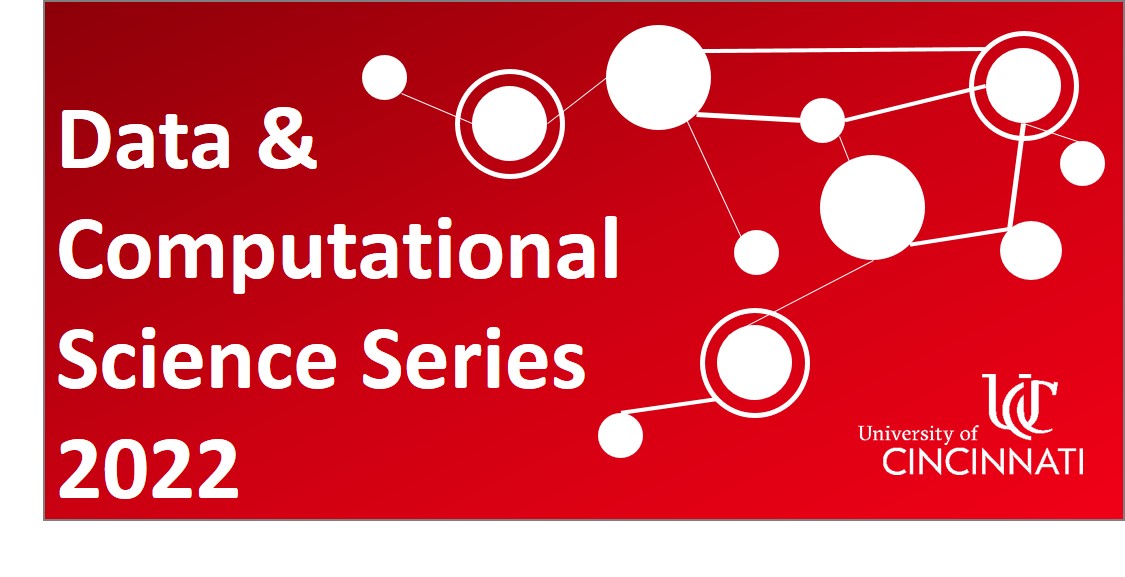
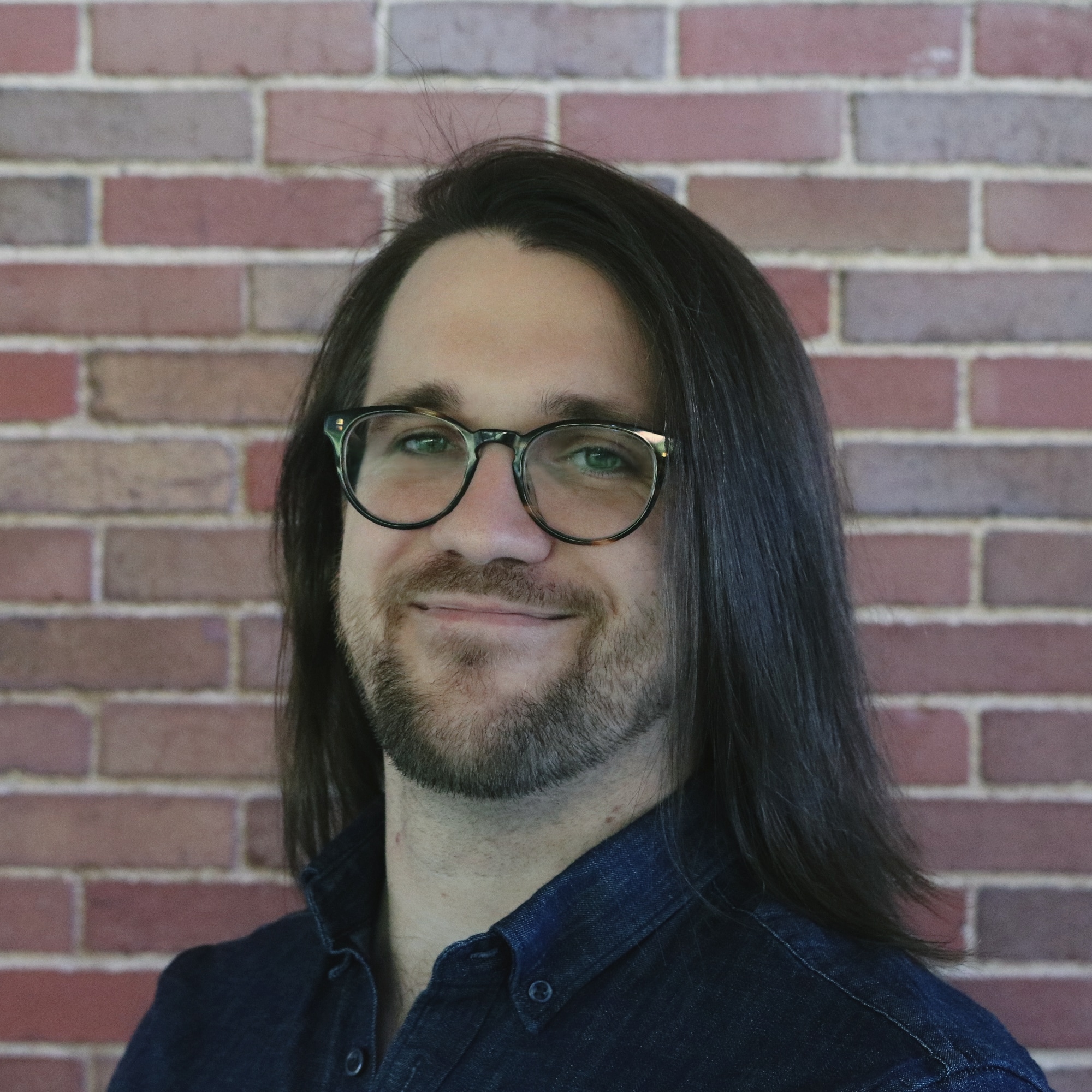
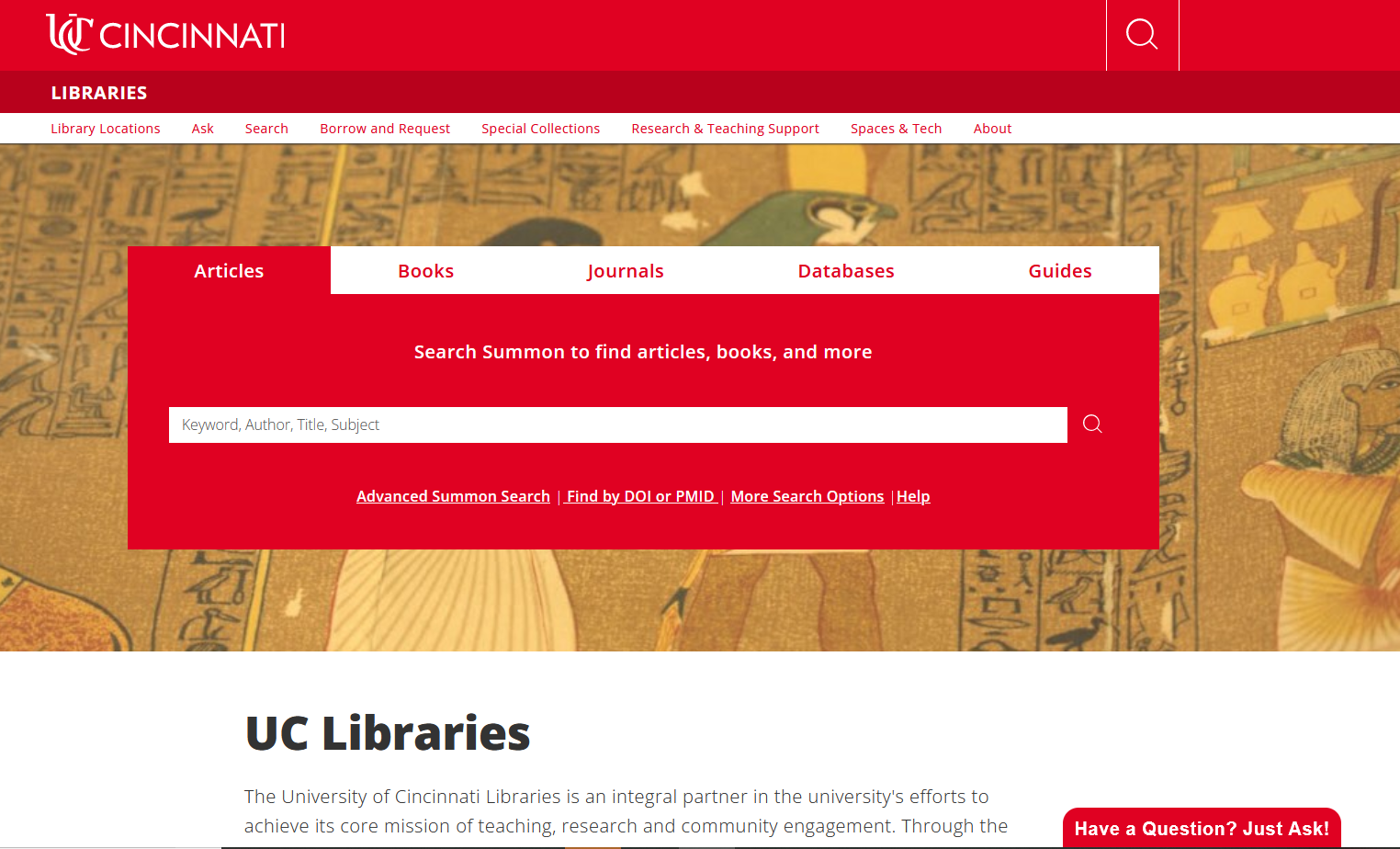 Next week, UC Libraries will make updates to the
Next week, UC Libraries will make updates to the 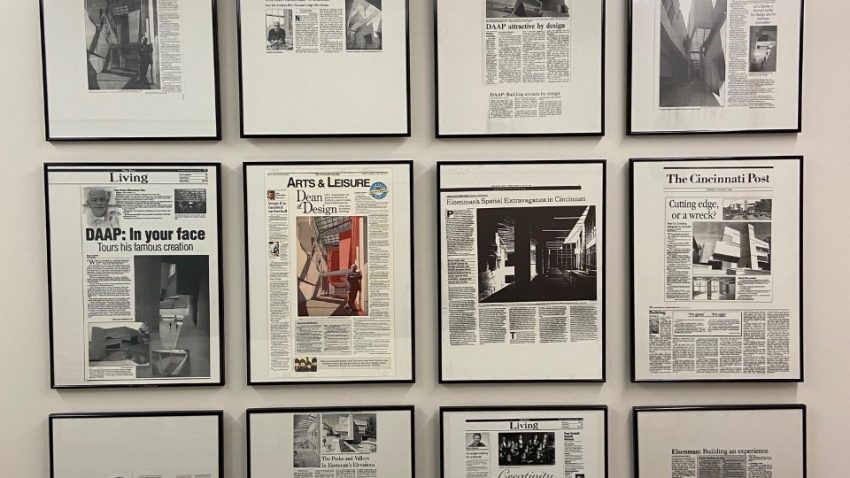
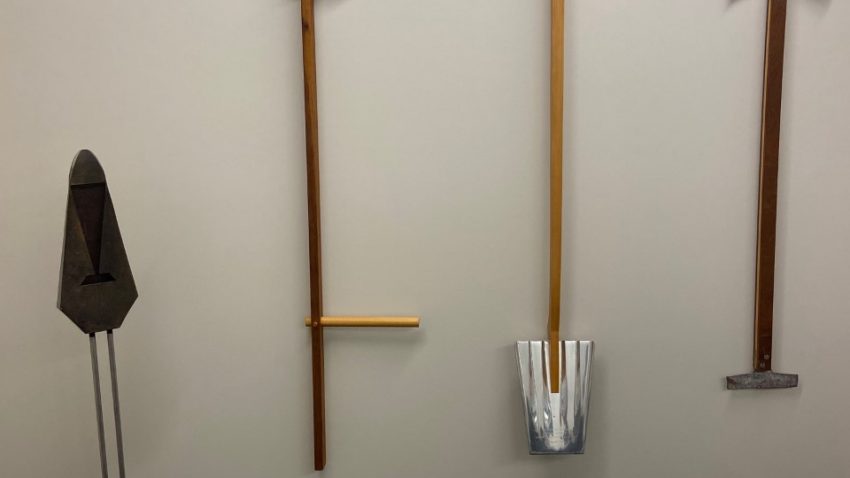
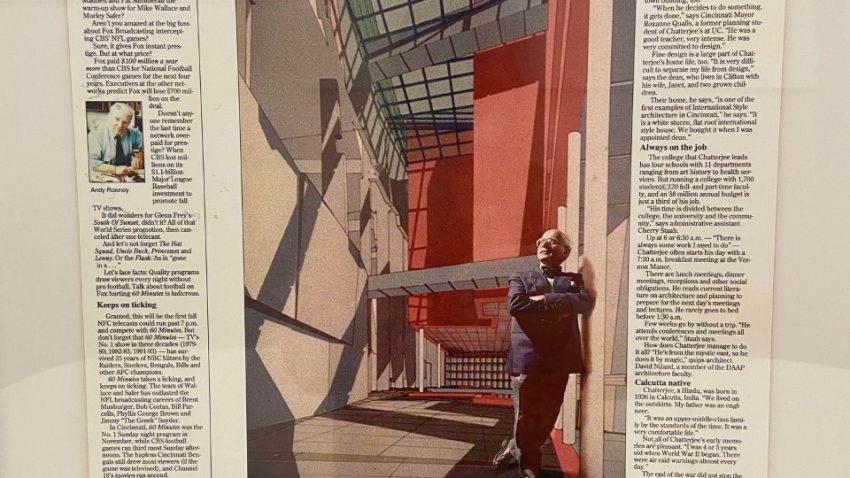
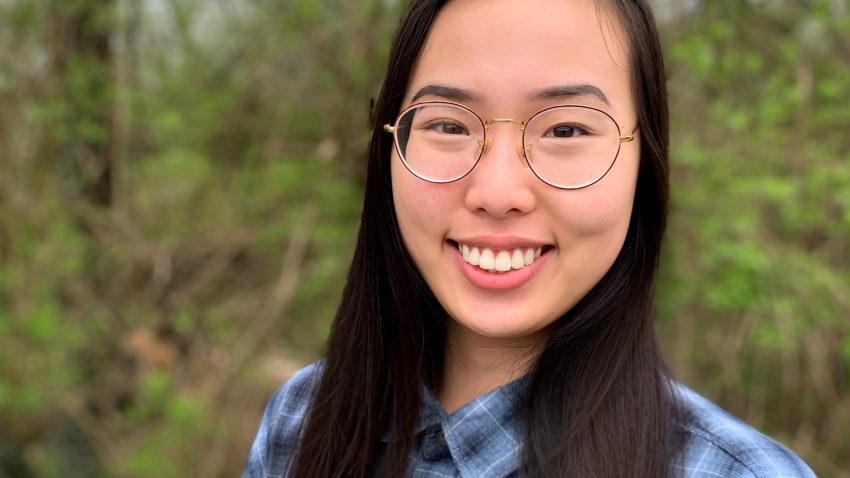 Congratulations Sidney Gao, digital collections manager in UC Libraries’ Content Services Department, one of 15 staff working in Ohio libraries and archives selected by the State Library of Ohio to form a cohort and complete coursework to earn a
Congratulations Sidney Gao, digital collections manager in UC Libraries’ Content Services Department, one of 15 staff working in Ohio libraries and archives selected by the State Library of Ohio to form a cohort and complete coursework to earn a